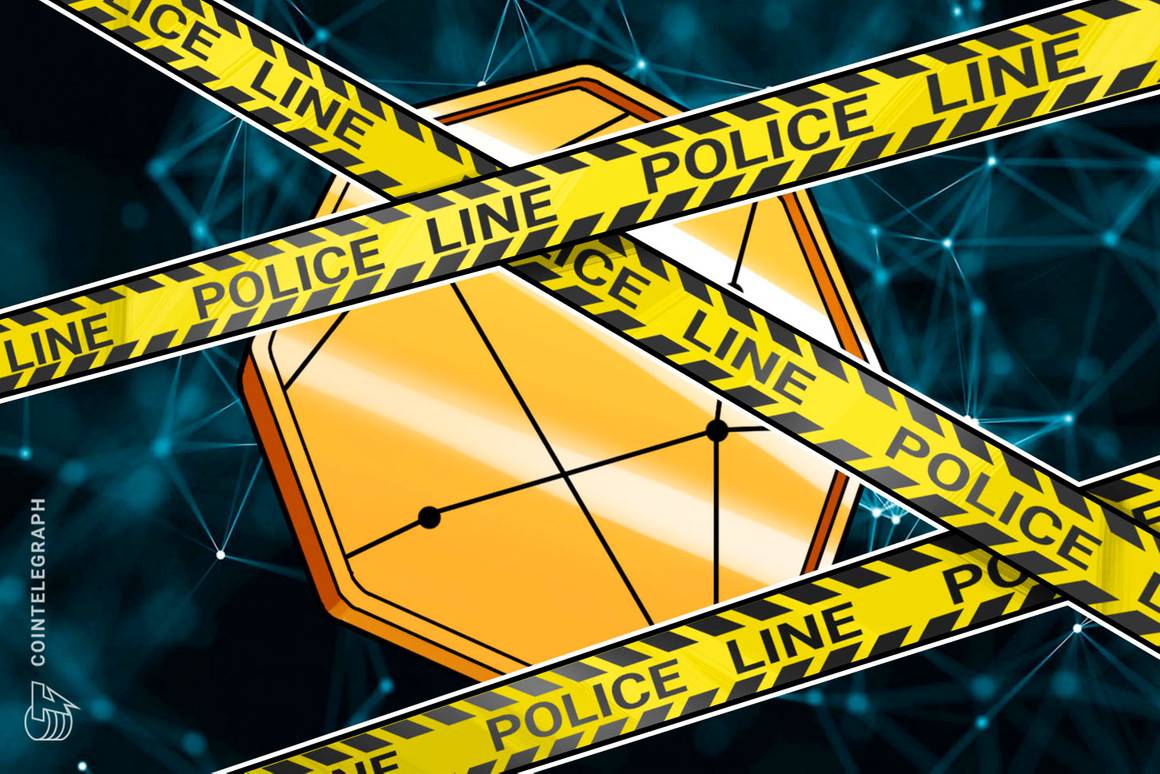
Crypto exchanges in South Korea have been issued notices from police requesting the sequestering of funds related to the Luna Foundation Guard.
On May 23rd, 2022, Korean authorities sent a request to the top crypto exchanges in the country to prevent funds from being withdrawn. Specifically, the Seoul Metropolitan Police Agency asked to prohibit the Luna Foundation Guard from taking any action. The police claim that clues have been found that may link the organization to embezzlement.
The Luna/Terra algorithmic stablecoin crash, which reduced the value of the coin by over 99%, crushed investor portfolios overnight earlier this month.
However, this request is not a demand and is not enforceable by law. Each exchange can choose how they would like to respond, but it is not yet known how they will react.
Several prominent Korean investors requested that Do Kwon, CEO of Terraform Labs, be investigated and sued for the collapse of the UST stablecoin. This triggered the revival of the “Grim Reaper,” a Korean Financial and Securities Crime Joint Investigation Team.
Korean legislators have gone as far as meeting with executives from each of these exchanges, including Upbit, Bithumb, Coinone, Korbit, and Gopax. Because they are not required to comply, this meeting is likely a move to put pressure on the heads of these exchanges.
According to Newspim, Yoon Chang-Hyeon, chairman of the People’s Strength Virtual Assets Special Committee, said on Facebook, „We will check the exchange’s investor protection measures.“
Related: Terra crash not a risk to the broader crypto ecosystem, says Huobi Global co-founder
It is reasonable to expect that the representatives from the exchanges will be held accountable, in some way, for the damage caused to investors by the LUNA crash, reported the outlet. Newspim also reported that the Korean National Assembly is taking the initiative to regulate punishment in this matter.
Two of the exchanges had already issued warnings on their websites, Coinone has already halted the trade of LUNA as of May 11th, and Binance had also suspended some spot trading.
Although this official report joins the broader developing story, the request to the crypto exchanges and the Do Kwon investigation are not linked. The actions by the National Assembly and the Korean authorities make it clear that Korea is willing to take the necessary steps to get to the bottom of the Terra ecosystem collapse imbroglio.
On March 26th, South Korean police took a bold stance, requesting that exchanges freeze all funds related to the cryptocurrency known as LFG coin.
The exchange of this cryptocurrency has grown tremendously in the past year and its unregulated transactions have since been deemed illegal by the South Korean government. The exchange which they have targeted is believed to be the central hub of trading activities and is even thought to be linked to the world’s biggest illegal cryptocurrency trading network. This network is believed to have caused disastrous losses to investors and the government alike.
The South Korean government thus has implemented a number of laws to regulate cryptocurrency trading. These laws state that all transactions carrying such digital assets must be carried out through legal financial institutions and authorized companies. Highlighting further, the police have stated that financial organizations should not facilitate such illegal activities or else face severe punishment for breaching the law.
The police are also closely monitoring other exchanges to ensure that similar activities do not take place. In addition, the government is currently working on ways to stop money laundering through digital currencies, as well as to clamp down on any malicious activities related to them.
The recent decision is seen as a necessary step towards protecting investors and the global economy from any potential risks associated with cryptocurrencies. It is hoped that other countries will soon follow in South Korea’s footsteps, as the country itself is setting a strong example with regards to the regulation of this new asset class.
This latest development will likely have far reaching implications not only for cryptocurrency exchanges and investors, but also for global businesses and financial institutions. As the use of cryptocurrencies continues to evolve and gain success, it has become increasingly vital that businesses, investors, and financiers become more aware of their risks and of how to properly govern them.























